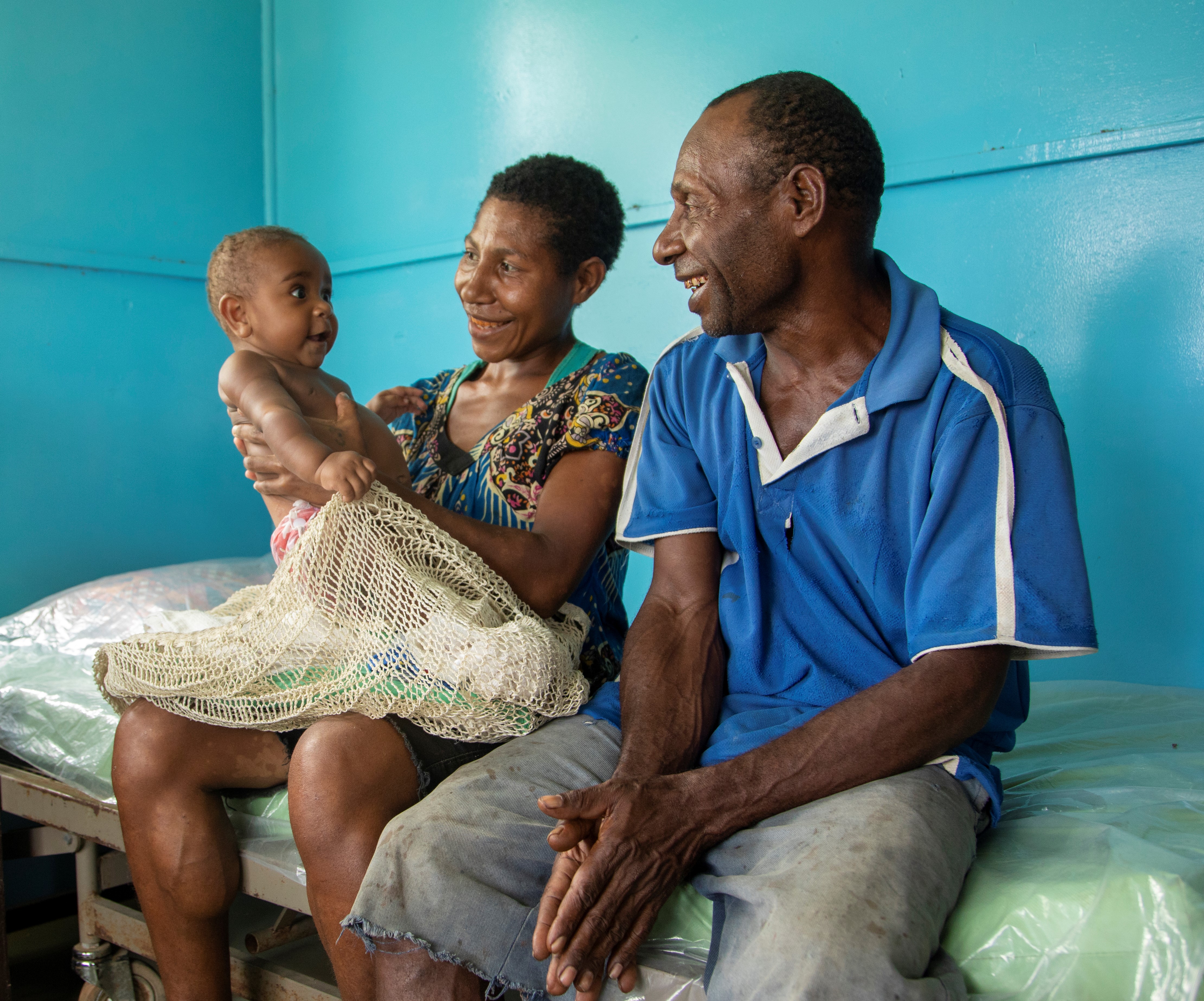Key humanitarian results 2021

UNFPA-assisted safe deliveries

Affected population reached with Family Planning services

Number of women of reproductive age (aged 15-49) reached with SRH services

Number of people reached with SRH/GBV information and awareness activities

Nombre de cliniques mobiles

Functional health facilities supported by UNFPA that provide Emergency Obstetric Care (EmOC)

Nombre d'espaces sécurisés

Personnel trained on clinical management of rape

Personnel trained on Minimum Initial Package (MISP)

